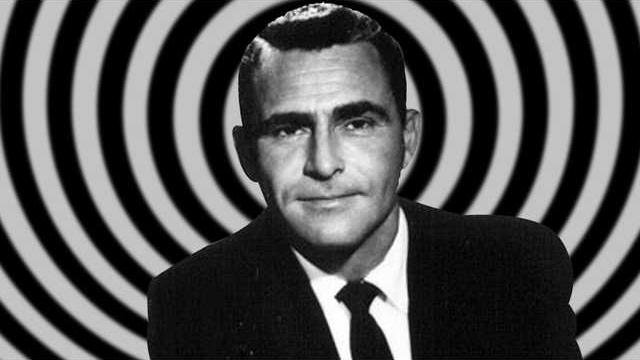In the classic Twilight Zone episode, “The Monsters are Due on Maple Street,” (1960) the neighbors on “Maple Street U.S.A.,” in an idyllic American town, suddenly encounter unexplainable events and conclude they are the result of an alien invasion. (In a later remake, “The Monsters are on Maple Street,” (2003) they suspect there has been a terrorist attack.) In the end, the neighbors turn on each other and innocent blood is shed. Even though they weren’t exactly wrong about the aliens/terrorists, the real damage came from within.
These days, every headline serves to vindicate our beliefs, or we bend the facts to fit our world view. From international disasters to national events, down to our recent local squabbles in Great Bend, we try to stay informed only to become more convinced that there are two sides — and that those on the “other” side are blind, apathetic or evil.
It’s only human to try to understand, and to act on our understanding, limited as it may be.
Even events that tend to unite us, from the terrorist attacks of September 11, 2001, to the recent destruction of Hurricanes Harvey and Irma, can highlight our differences as we put assigning blame ahead of lending a helping hand and taking the next step forward.
At the end of the “Maple Street” parable, Rod Serling, the show’s host and author of the script, told the viewers: “The tools of conquest do not necessarily come with bombs and explosions and fallout. There are weapons that are simply thoughts, attitudes, prejudices – to be found only in the minds of men. For the record, prejudices can kill – and suspicion can destroy – and a thoughtless frightened search for a scapegoat has a fallout all of its own – for the children – and the children yet unborn. And the pity of it is – that these things cannot be confined – to the Twilight Zone.”




